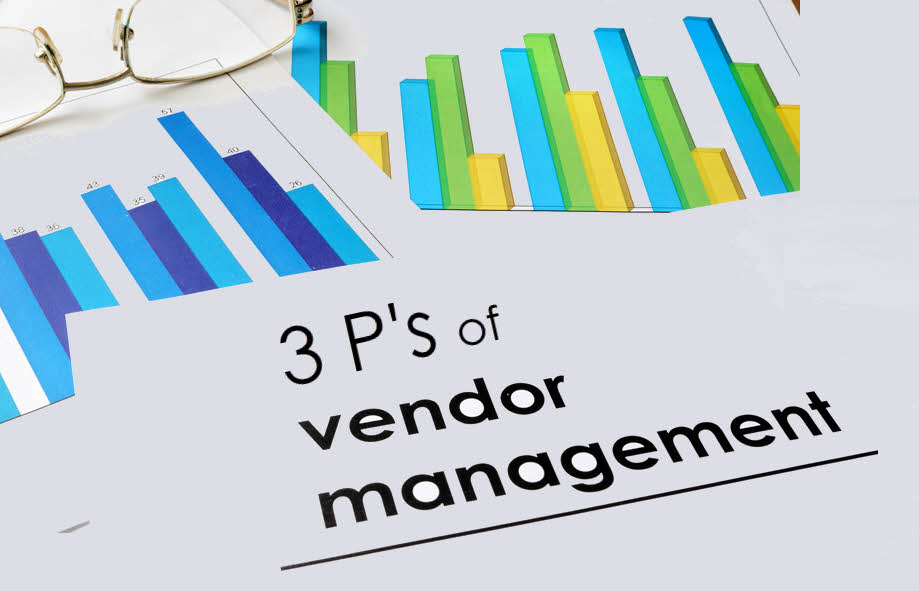Sometimes in our professional lives we do things because we think they are a smart business move. Sometimes we act because we have no choice because the market demands it. Sometimes we take positions or actions because we are thinking about our company’s ethos and reputation in the community.
Every now and then, those things are at odds with each other. And other times, they align perfectly.
Paying attention to and acting on diversity in your business is one issue that can help you align all those facets of your business. It can help you show the world (your employees, clients, and potential customers) who you are, what you value, how the way you value people and business shows up in your work. It can also help you refine your thinking and actions to make all that public positioning real!









